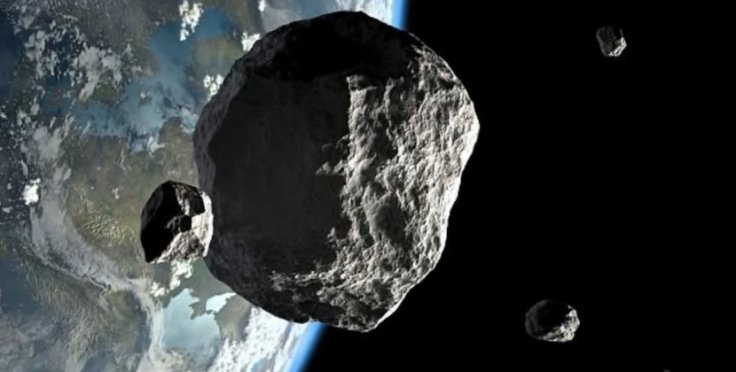
Several space scientists and agencies like NASA strongly believe that earth will be hit by a doomsday asteroid one day or the other, and humans should formulate some effective plans to combat the dooming apocalyptic risk. However, Avi Loeb, Chair of the Harvard Astronomy department revealed that there is an even more impending threat.
In an exclusive talk with Express.co.uk, Avi Loeb claimed that climate change is the most serious issue humans should address with prime importance. He also warned that humans will kill themselves if they fail to combat this rising threat.
"The immediate risk is more self-inflicted wounds. The possibility that the climate would change as a result of human activity. And that if we don't get our act together we might actually kill ourselves. And so we have to be worried about that first, I would think," said Avi Loeb.
In the meantime, NASA is busy preparing their planetary defence weapon which is aimed at protecting the planet during the time of dreaded asteroid hits. Experts at NASA believe that this defence weapon could deviate rogue space bodies like asteroids from its trajectory, and thus the earth can be protected from an apocalyptic scenario.
It should be also noted that Jim Bridenstine, the NASA administrator had also recently revealed that the possibilities of a dreaded asteroid hit are not something that is reserved only for Hollywood disaster movies. While talking at the Planetary Defense Conference at Washington, Bridenstine told that devastating asteroid hits have happened at least three times in the past 100 years, and the possibilities of such life-threatening events could not be ruled out in the future too.
"We have to make sure that people understand that this is not about Hollywood, it's not about the movies. This is about ultimately protecting the only planet we know, right now, to host life and that is the planet Earth," said Bridenstine during the conference.








